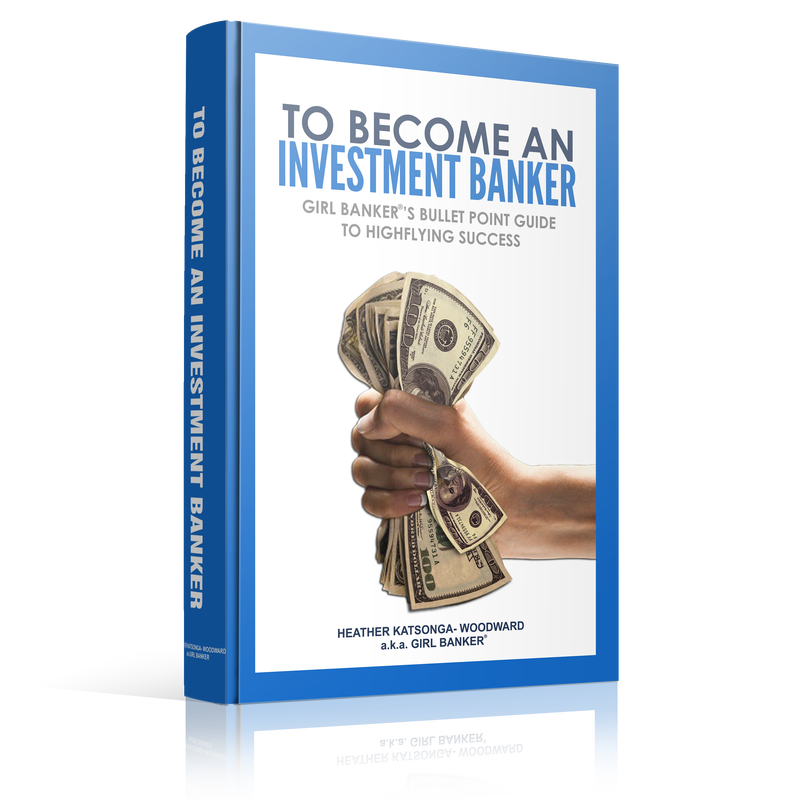 by Girl Banker Your resume/CV is the first opportunity that you get to market yourself. Through your CV the recruiter decides whether or not to interview you and indeed, whether they 'like' you or not. You want everything about your resume/CV to say, I'm the person for this job, hire me! Here are some pointers to help you get noticed: 1. Avoid information overkill Try to keep it to one page but two pages is okay if there is a lot of white space. All important information should be on the first page; if page one is unimpressive the recruiter will not waste any time by going to page 2. 2. Bold the important facts so that they stand out Some people only skim read. If you bold your key selling points then they won't miss them. 3. Stick to short bullet points The maximum length of any bullet point should be two lines, ideally. It stops the reader from getting bored. Don't use a narrative style, write in short punchy sentences. 4. Don't make any grammatical or spelling errors - not even one. Such mistakes say:
5. Only include facts that make you relevant to the job at hand A resume / CV is a snapshot of your qualifications for a specific job. You don't need to include:
6. Don't mass produce your resume / CV Unless you are applying for identical roles in different companies, you should not send identical resumes/ CVs out. Customise them according to what you are applying for. If you're applying to a TMT Team in IBD mention things that highlight your tech knowledge. Can you build apps and websites? Which web building languages do you use? Although you won't be doing any of this stuff it shows you are plugged in to the psyche of the tech world. If you are applying to a Healthcare team that tech knowledge is going to look misplaced so you'd include less of it. 7. Lacking relevant work experience? Focus on your skills. Even if you have never worked before, whatever life experiences you have, there will be some transferable skills. Organisational skills developed as result of being the eldest of five children? Experience dealing with difficult situations as a result of being the Head of House at school? Mental perseverance developed from being a top athlete or musician at school and having to train for crazy hours when most of your friends were chilling and having a laugh. 8. Don't hide anything Make sure to have dates clearly displayed so it doesn't seem as though you're hiding career gaps. 9. Don't lie or exaggerate achievements Investment banks do background checks on all CVs, especially if you are an experienced hire so they will find out anything that is not true. 10. Get a second opinion Even if you cannot afford professional help a friend will be able to point out typos that you might have missed and other irrelevant detail. Try to ask a friend that has some experience with looking for jobs as they'll know a little more about what employers are looking for. If you can afford it, getting an independent investment banking coach/mentor will help to place you ahead of the competition. Here is an example of a good resume / CV, it's the actual CV I used to move from IBD to Derivative Sales without any changes. It's not 100% perfect but I purposefully haven't changed it because I wanted to use a real CV that got a real job.
0 Comments
Leave a Reply. |
Girl Banker®I created my investment banking blog in 2012 as soon as I resigned from i-banking & published my book, To Become An Investment Banker.
Initially published at girlbanker.com, all posts were later subsumed into my personal website under katsonga.com/GirlBanker. With 7 years of front office i-banking experience from Goldman Sachs and HSBC, in both classic IBD (corporate finance) and Derivatives (DCM / FICC), the aim of GirlBanker.com was to make it as straight-forward as possible to get into a top tier investment bank. I'm also a CFA survivor having passed all three levels on the first attempt within 18 months - the shortest time possible. Categories
All
Archives
August 2017
|
Heather Katsonga-Woodward, a massive personal finance fanatic.
** All views expressed are my own and not those of any employer, past or present. ** Please get professional advice before re-arranging your personal finances.

 RSS Feed
RSS Feed





